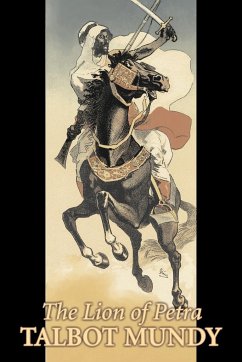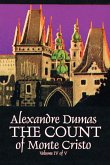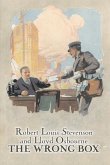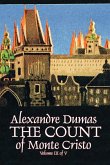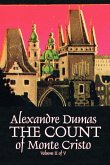Having bested Higg and forced him to post bond of fifty thousand pounds as a promise of good behavior, "Jimgrim" must now help Higg if he wants him to hold to the agreement. He must take his force of twenty men and somehow subdue Higg's rival, Hassan Saoud, who calls himself the Avenger and commands an army of eight hundred. Talbot Mundy was born William Lancaster Gribbon in London. He was in a German circus, and was a relief worker and journalist in India. He spent time in Africa as an ivory poacher, served time on a road gang, and became a town clerk. Deported after an adulterous affair, he married to his paramour and moved to the US to make a living as a writer. His King of the Khyber Rifles made his reputation and saw two film adaptations and his work influenced writers such as H.P. Lovecraft and Robert E. Howard.
Hinweis: Dieser Artikel kann nur an eine deutsche Lieferadresse ausgeliefert werden.
Hinweis: Dieser Artikel kann nur an eine deutsche Lieferadresse ausgeliefert werden.

